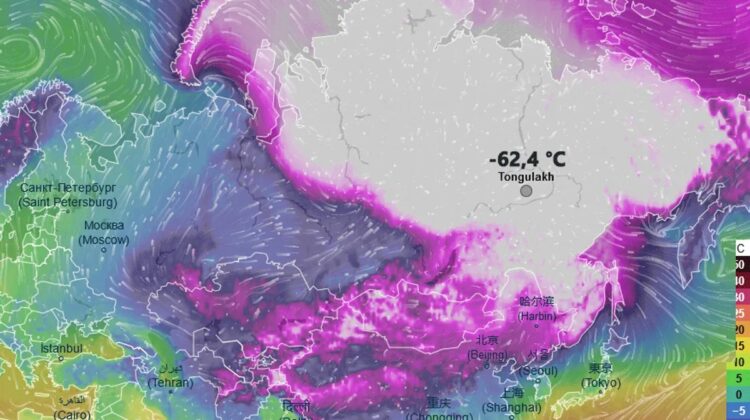
At the moment, Siberia is experiencing dangerously low temperatures. In Tongulakh, a rural area of the Sakha Republic, Russia, on Sunday, January 15, temperatures as low as -62.4°C (-80.32°F) were recorded. The temperatures were provided by Ventusky, a Czech meteorological organization. According to them, this is the coldest it has been in Siberia since 2002 and a “new all-time low” for the station at Tongulakh.
This past weekend, the chill was felt by many people in addition to Tongulakh (although the word “chill” is vastly understated). On Sunday, many areas of the Sakha Republic to the east of this station recorded temperatures that were well below -50°C (-58°F).
This is comparable to the temperature on Mars for context. The average annual temperature of the red planet is roughly -62 °C (-80 °F), despite the fact that its surface temperatures can range from 20 °C (68 °F) to -153 °C (243 °F).
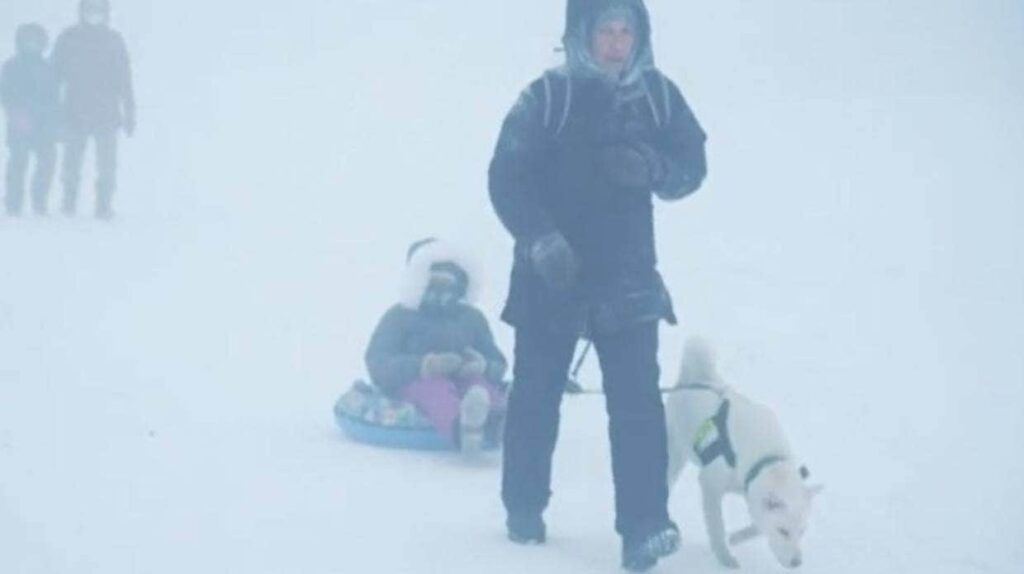
Siberia is currently experiencing temperatures that are not too far from all-time record highs. On February 6, 1933, Oymyakon, in the Sakha Republic, experienced the coldest temperature ever recorded in the northern hemisphere, with lows as low as -67.7°C (-90°F).
There is still plenty of time for this record to be broken because it is only January.
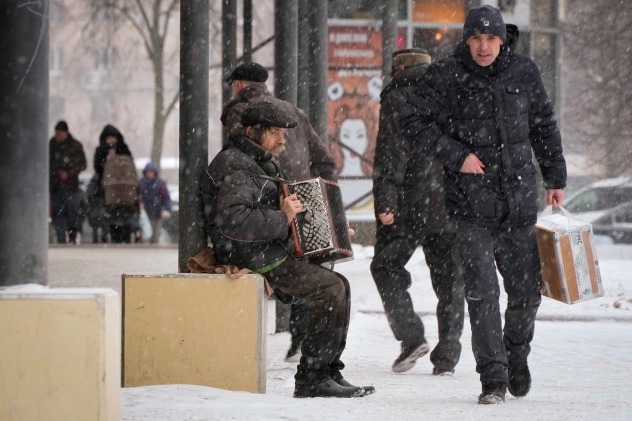
On the other hand, Siberian summers are also getting to incredible extremes. Temperatures of 48°C (118°F) or higher were recorded in the Siberian town of Verkhoyansk in June 2021.
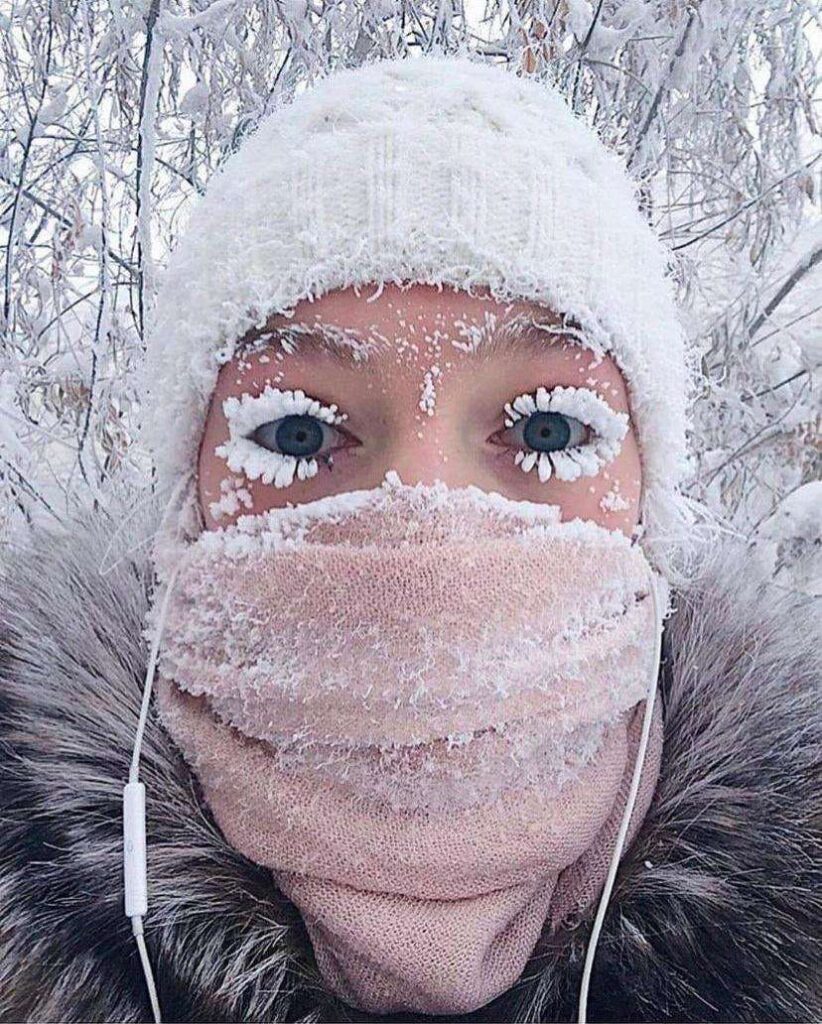
It is evident that extreme temperatures at both ends of the temperature spectrum are occurring more frequently and intensely, as predicted by climatologists.
Correction made on January 16, 2023: This paragraph’s second sentence originally read: “On Sunday, April 15, temperatures of…” Since then, the error has been fixed to read January.

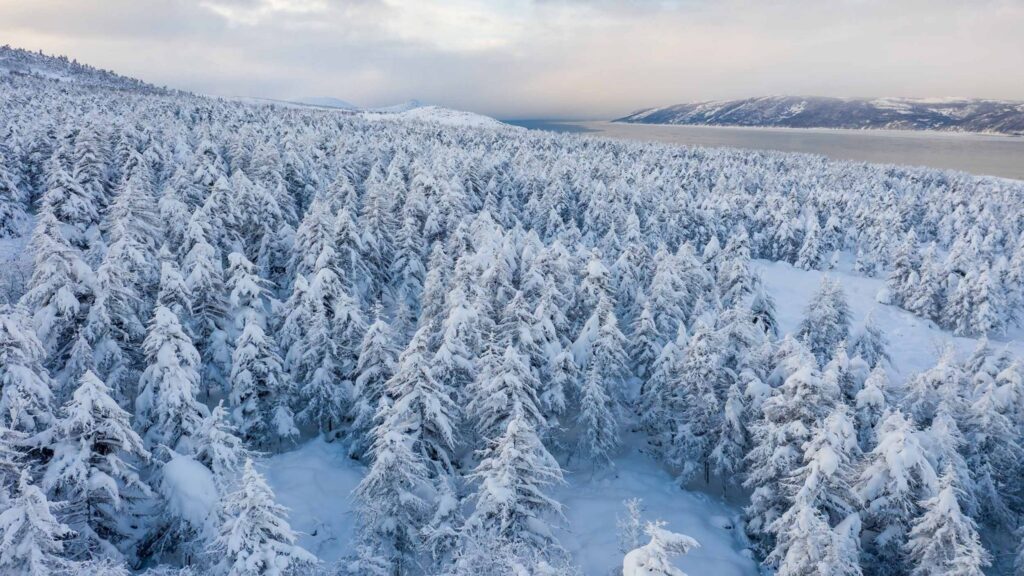
Leave a Reply